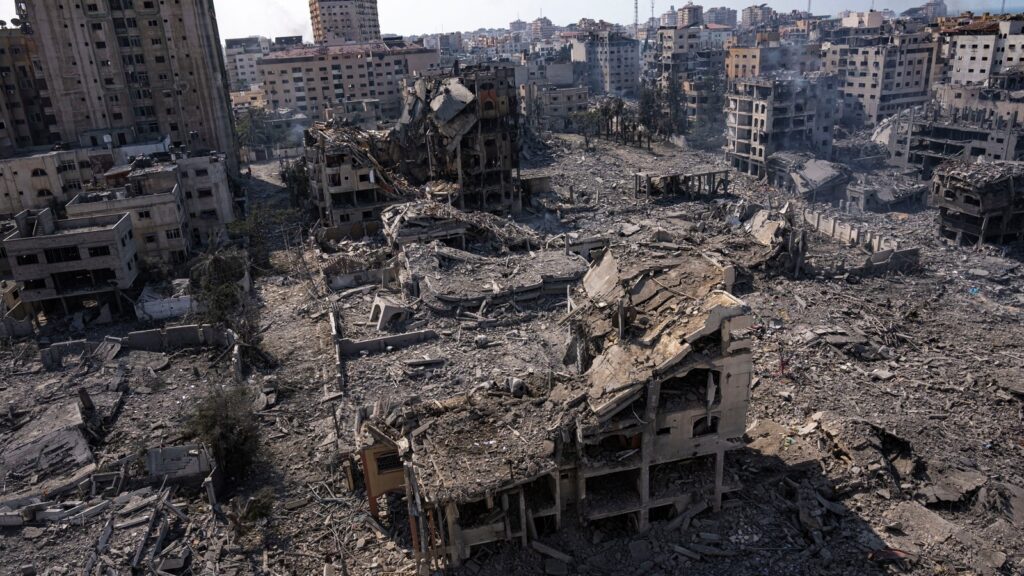The joint air strikes by the US and the UK at Houthi strongholds in Yemen since last week threaten to expand the war zone in West Asia beyond Gaza. The continuing attacks by the Yemen rebels on merchant ships sailing through the Red Sea may have forced the two western powers to retaliate. However, the reality is that they have not been able to convince even other European powers to join the initiative. This points to the complex situation emerging in West Asia, where power relations are drifting.
Houthis have been targeting ships in the name of the Palestinian cause. This is a threat to global trade in the region, though such brinkmanship is unlikely to bring any good to beleaguered Palestinians. However, it has forced many Arab nations to condone the Houthi action, fearing domestic reaction. The attacks also complicate the peace negotiations in Yemen, which has become a site for a proxy battle between Iran and Saudi Arabia. Iran, backed by Russia and China, is closely watching the situation. It has so far preferred to stay on the margins of the conflict, but its salience in the region is not to be underestimated: External affairs minister S Jaishankar’s Tehran visit could not have come at a more appropriate time. It is anybody’s guess if the war on the Houthis can convince fleets to return to the Bab-el-Mandeb Strait. That will need a course correction by western powers in Gaza. Israel’s continuing destruction of Gaza has been a humanitarian, strategic, and PR disaster. South Africa’s genocide case against Israel at the International Court of Justice at the Hague reflects a growing global mood – one reinforced by public demonstrations in Europe and the US. Washington must signal to Tel Aviv that its support cannot be unconditional. That could calm the Red Sea, and perhaps a global economy staring fearfully at rising oil prices.
Continue reading with HT Premium Subscription
Daily E Paper I Premium Articles I Brunch E Magazine I Daily Infographics


